California’s Governor Gavin Newsom’s social media post about the state leading in Fortune 500 companies did not go as planned.
Amidst celebrations of business achievements, Newsom faced a barrage of criticism for overlooking the daily struggles of Californians.
Californians Unleash Their Fury

The reaction was swift and fierce, with Californians tearing into Newsom’s governance.
They highlighted ongoing issues with crime, drugs, housing, and the state’s economy, challenging the rosy picture painted by the governor.
A Scathing Critique
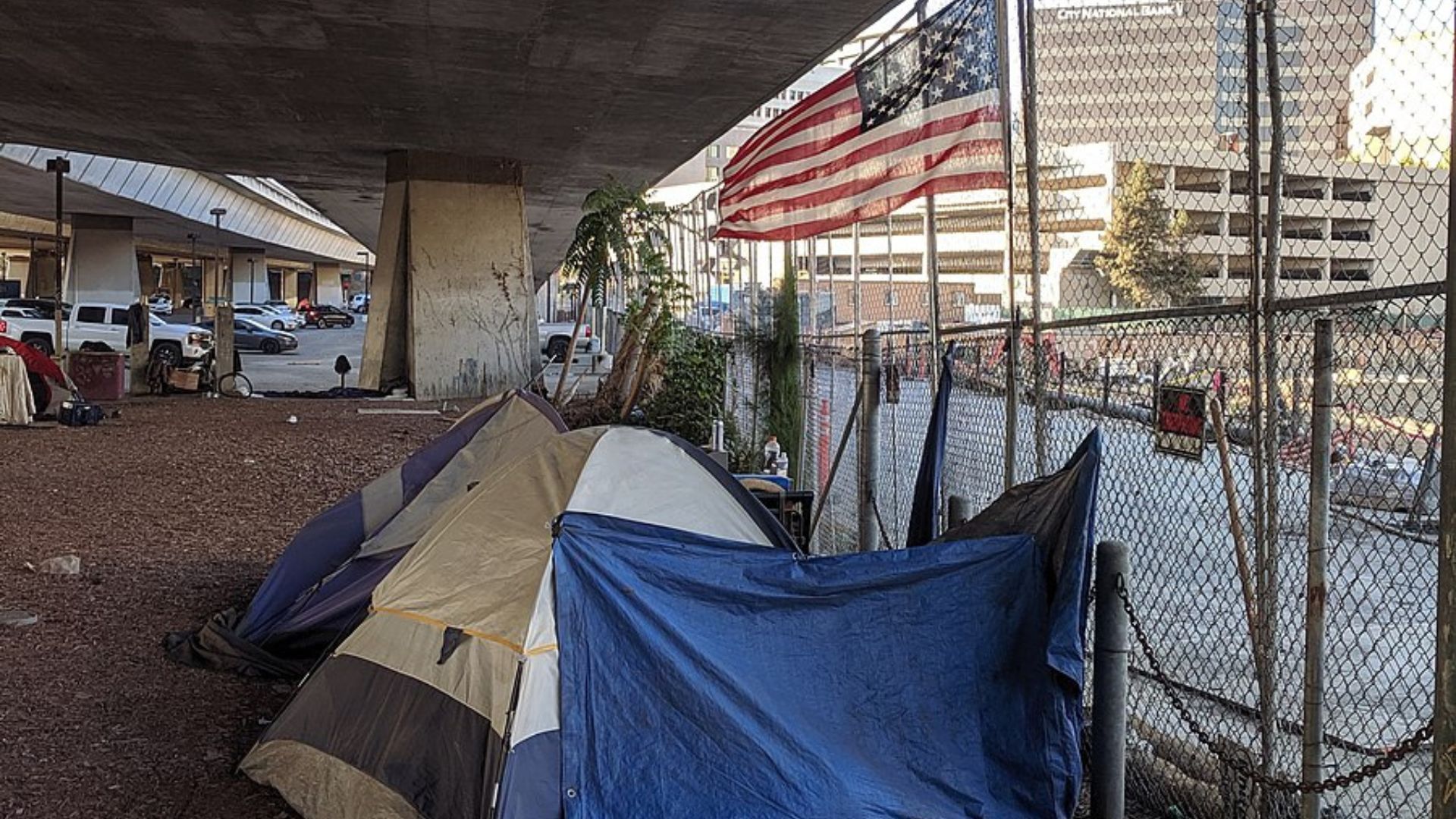
JD Sharp’s response encapsulated the public sentiment: “Cool, the rich are getting really, really rich, and the middle class are becoming poor!”
His words echo a growing discontent with the state’s economic disparities.
Newsom’s Pride in Fortune 500
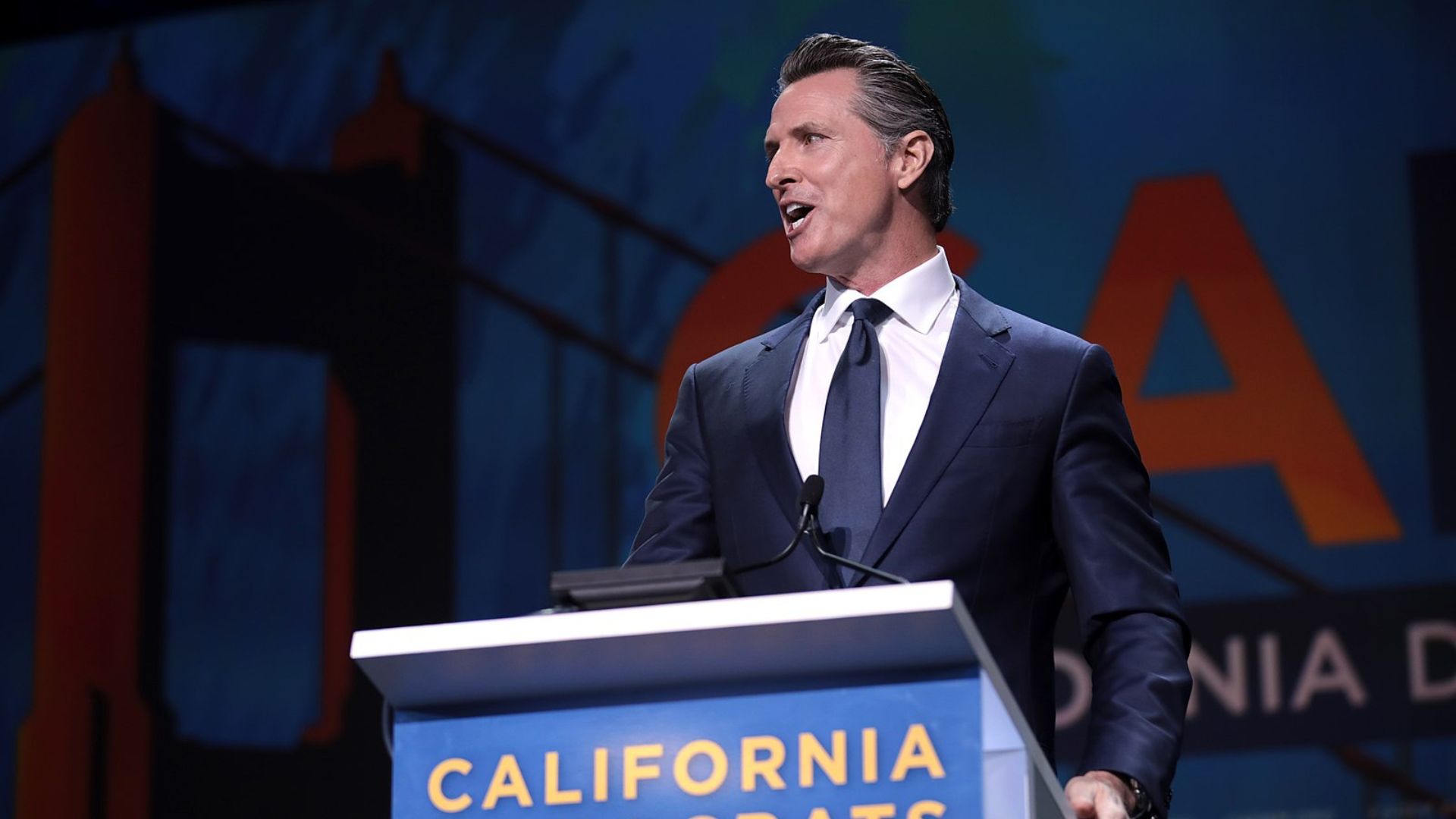
Despite the backlash, Newsom proudly cited a Fortune Magazine story, boasting about California’s 57 major firms, an achievement meant to overshadow rivals Texas and New York.
His post on X, formerly Twitter, aimed to highlight economic success but ended up inviting scorn.
California Comes Top for Many Business Areas

According to Governor Gavin Newsom’s website, California came top in most business categories and has 35 out of 50 of the world’s leading AI companies.
It claims to be number one in several areas, including new business startups, venture capital funding, manufacturing, high-tech, and agriculture.
5th Largest Economy in the World
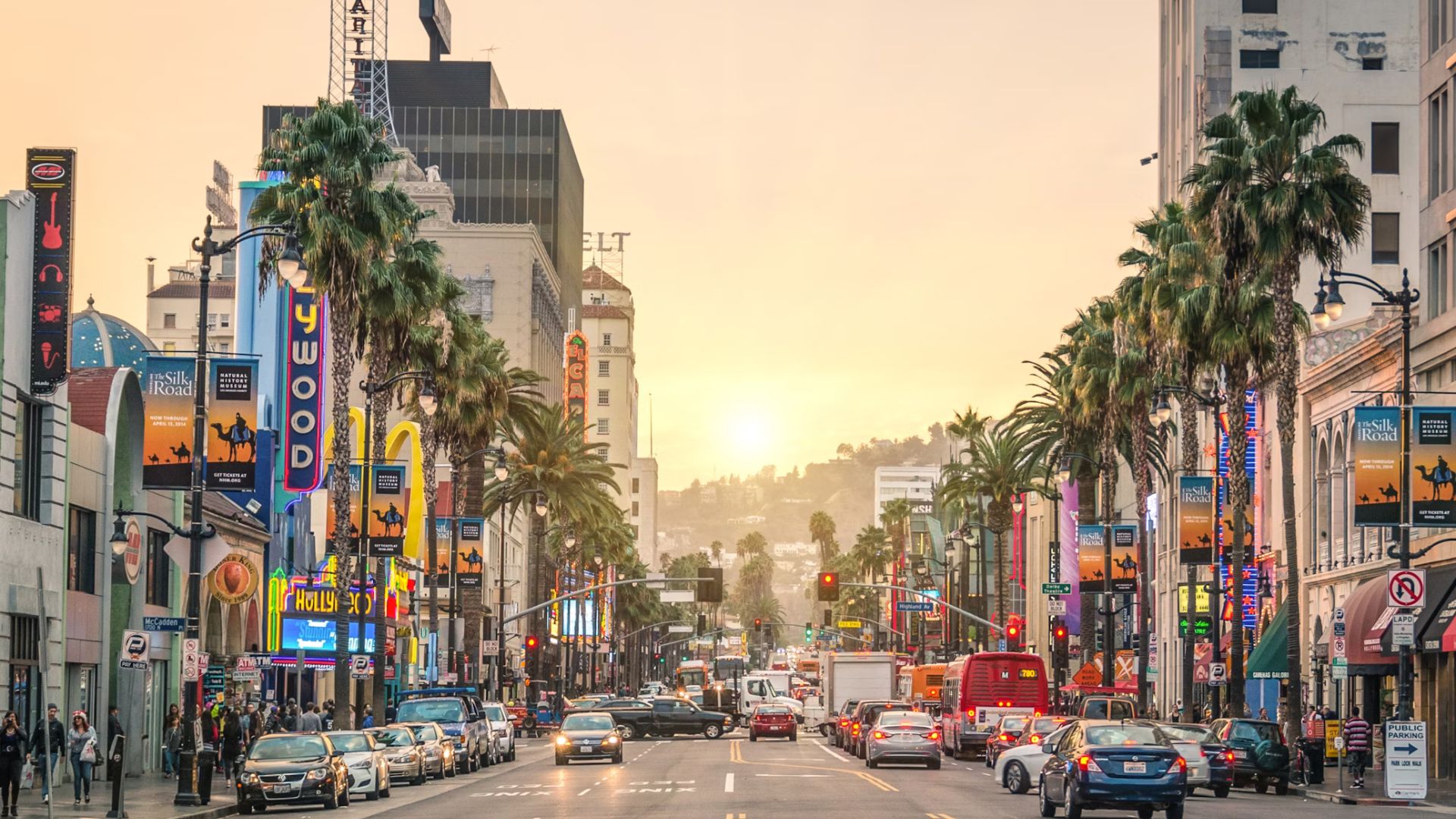
California is also the fifth-largest economy in the world. In 2023, spending in the Golden State reached an all-time high of $150.4 billion.
It had a GDP of $3.9 trillion in 2023 and received a growth of 6.1% since 2022. California’s per capita GDP is the second largest of all the large economies.
Most Fortune 500 Companies Are in the Bay Area

Of the 57 Fortune 500 companies in California, 44 are based in the Bay Area, and many are in the tech industry.
This is despite the fact that five of the companies that were on the list in previous years dropped off in 2024. However, another nine companies were added to the list, which helped California clinch the top spot.
Population Decline Points to Problems
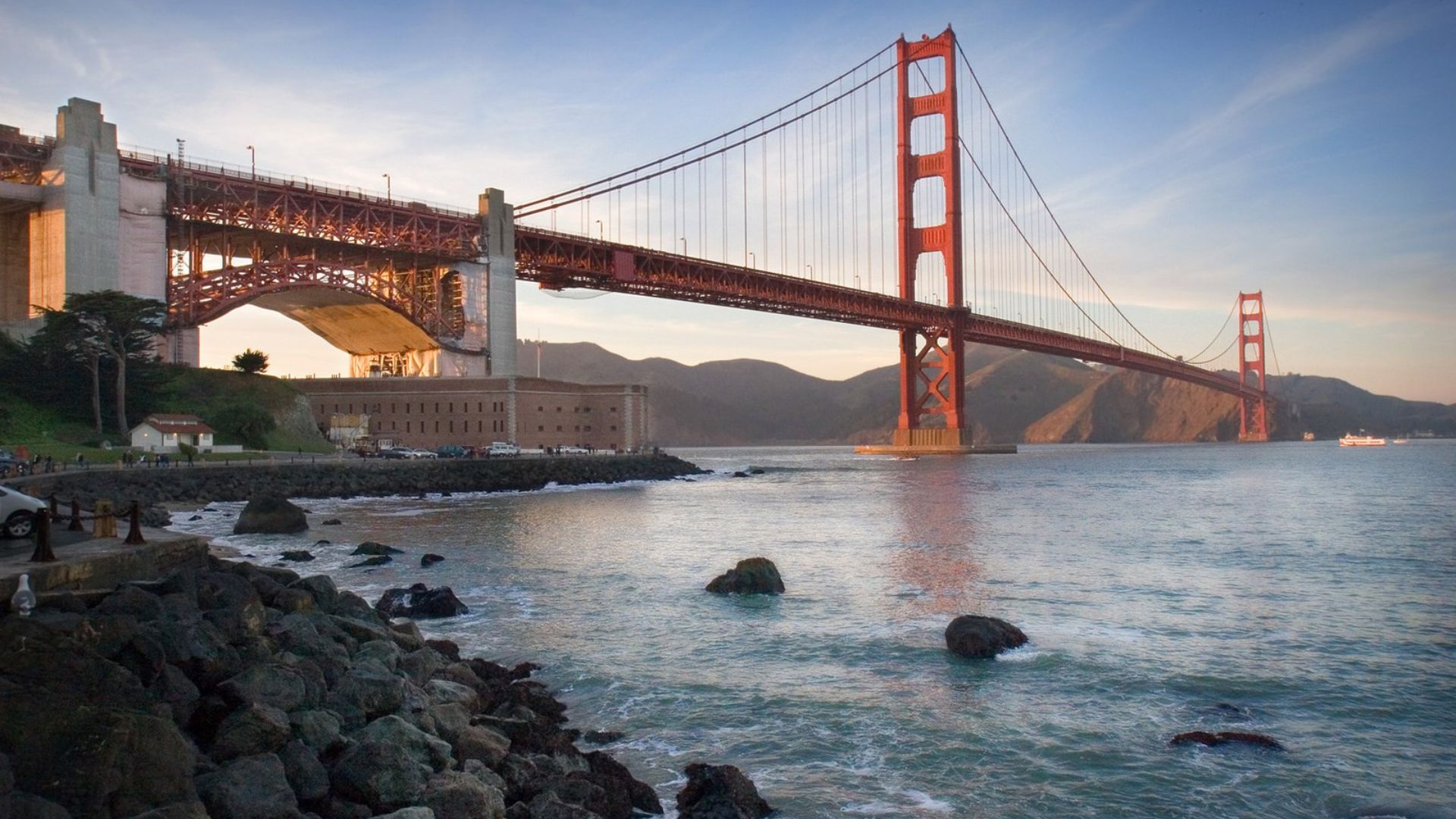
While Newsom touted corporate success, critics pointed out a stark contrast: a significant population decline.
Over 340,000 people have left California, a trend reflecting dissatisfaction with the state’s living conditions.
Reasons Why People Are Fleeing California

There are multiple reasons why people are leaving the Golden State in favor of living elsewhere, many of which tends to revolve around finance issues and more affordable way of living elsewhere.
With a high cost of living, pricy housing, and high taxes, very little is keeping Californians in their home state and is forcing them to move to other places where they don’t have these issues.
States Are Gaining Residents

While California is losing residents, other states are gaining residents – many of whom are from the Golden State.
Florida has gained 250,000 residents since 2019, while Texas has gained 174,261 in the same timeframe. California will not reach its pre-pandemic population numbers until at least 2032.
A Virtual Reality Check
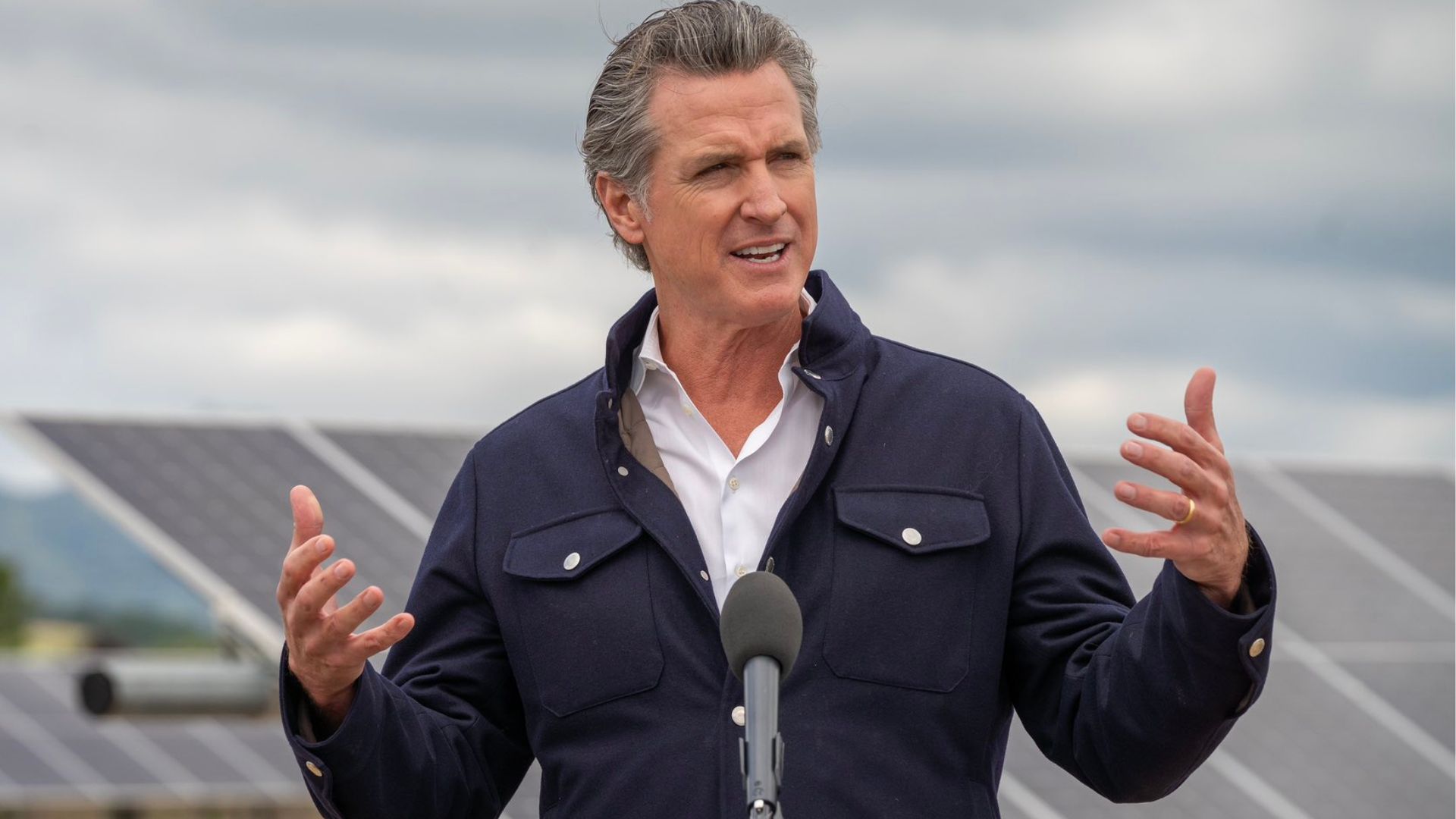
Amidst debates over California’s allure, X user Mericamemed pointed out, “Expect most of their employees are virtual or work in other states.”
This comment suggests that even businesses may not be as rooted in California as Newsom implies.
Voters ‘Fleeing’ the State
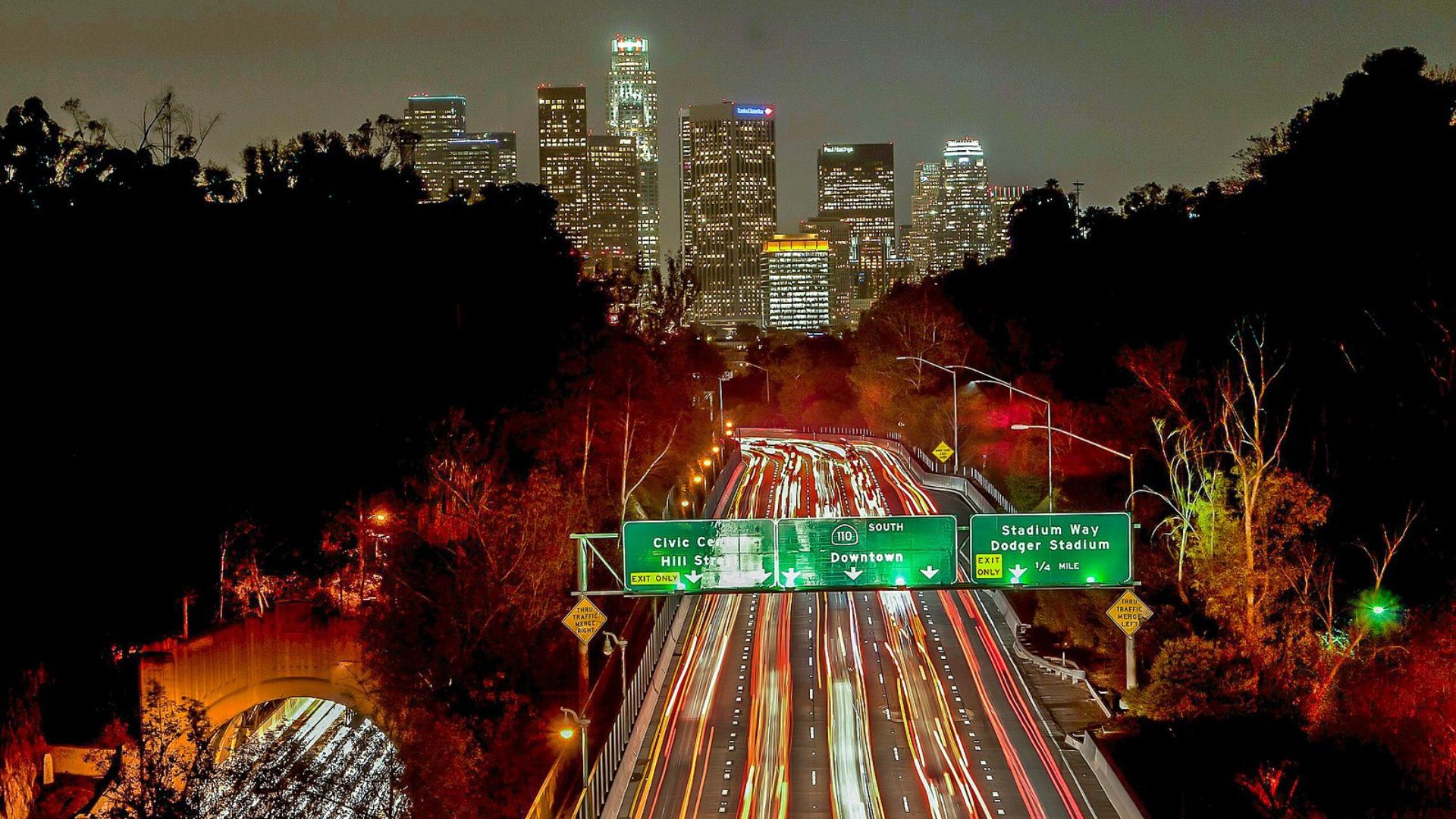
The sentiment of fleeing Californians was captured by one user, who posted: “Funny how many people have been voting with their feet and fleeing your state!”
This highlights a disconnect between government statistics and resident experiences.
Homelessness and High Costs Stir Outrage
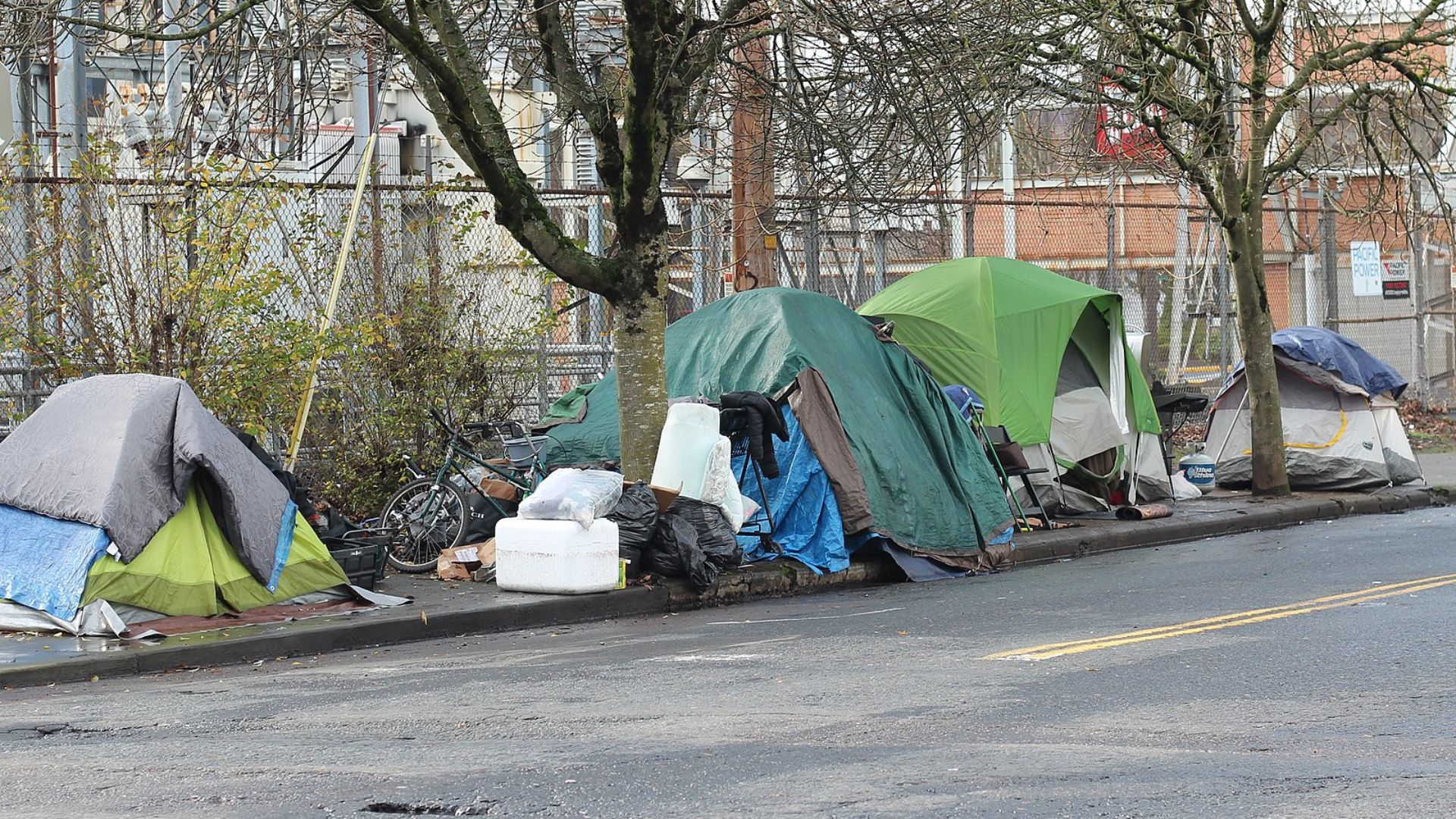
User DPL.3 criticized California’s worsening homelessness and living costs: “California is also the home to the most homeless people, most illegal immigrants, most needles and human feces on the street!”
These issues starkly contrast with the image of economic prosperity.
Homelessness Has Risen by 53%

Homelessness is particularly rampant in California, and it has become the capital for the homeless, as a third of America’s homeless population lives here.
In 2023, California had a homeless population of 180,000, which had risen by 6% in a year. Despite spending $24 billion on these people, the state never tracked how this money was being spent, which has left many feeling angered at the situation.
California House Prices at an All-Time High
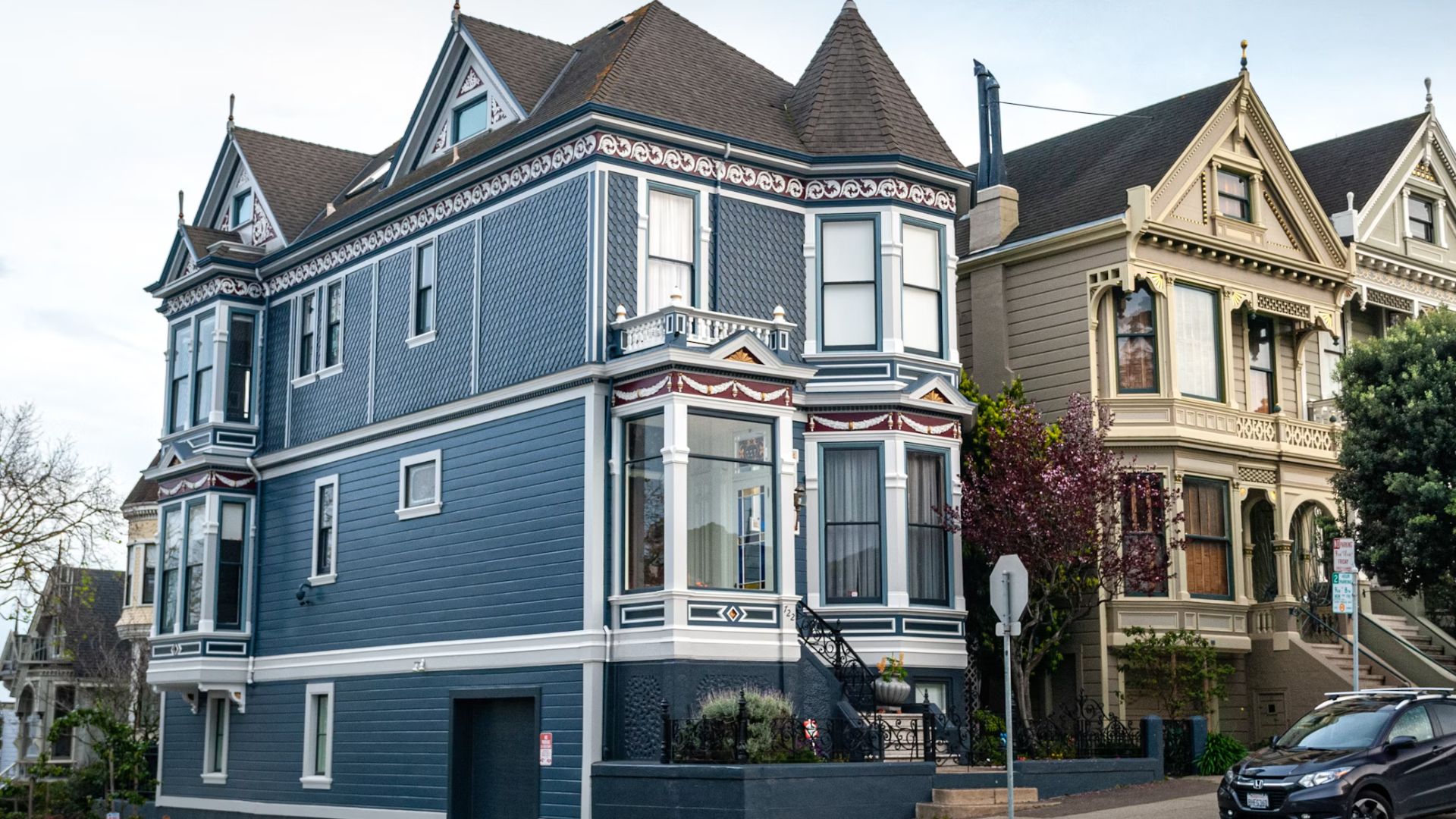
The housing market in California is a major issue right now. The median price for buying a house in the Golden State now is around $900,000.
This is a rec0rd-breaking high. As Californians are now being priced out of their own homes by much wealthier people, they are either having to move elsewhere or risk homelessness.
Misplaced Billions?
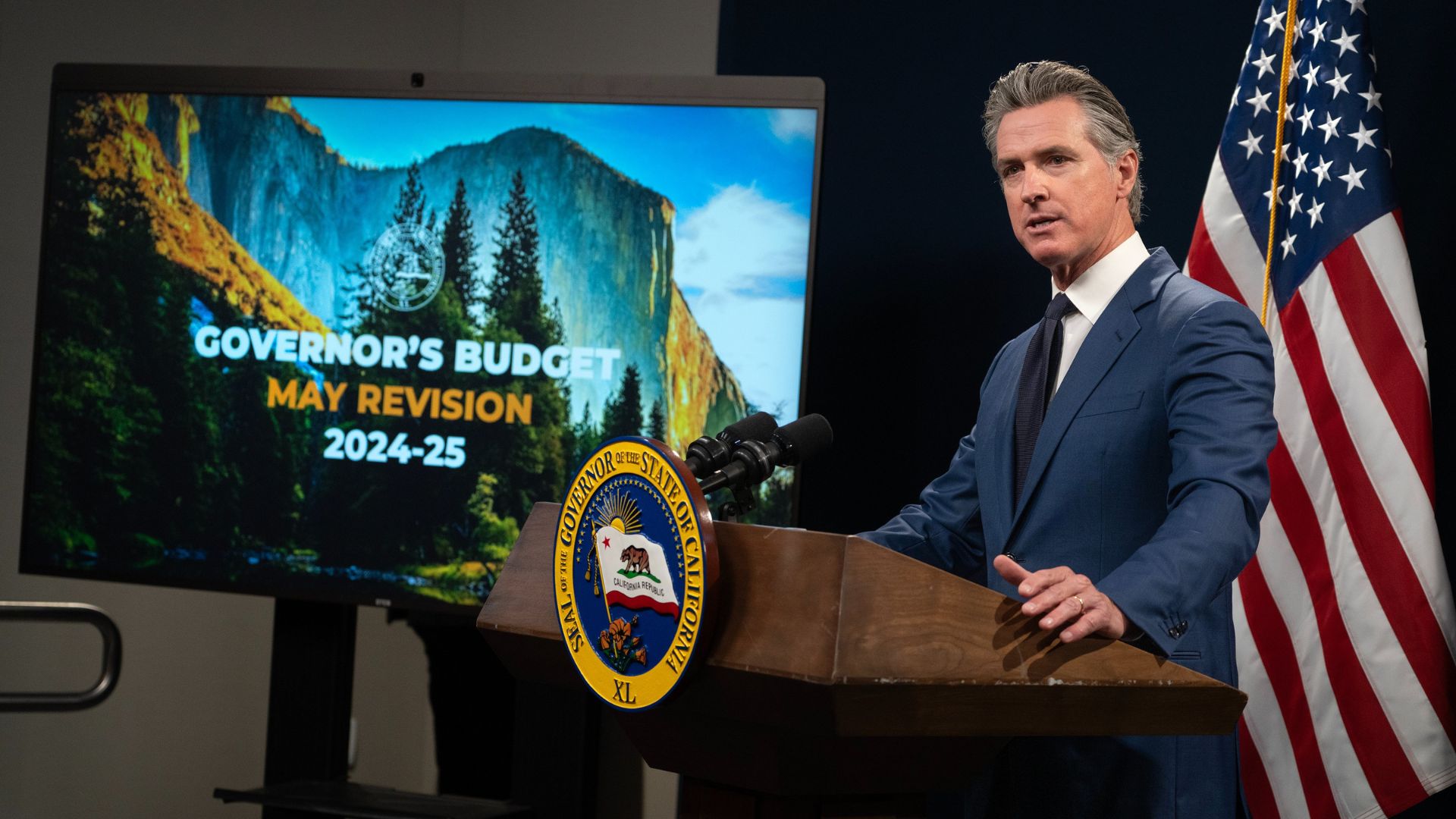
California’s financial management under Newsom also came under fire.
One commenter asked about the $45 billion deficit and the untracked $24 billion spent on homelessness, questioning the fiscal responsibility of Newsom’s administration.
Poor Timing
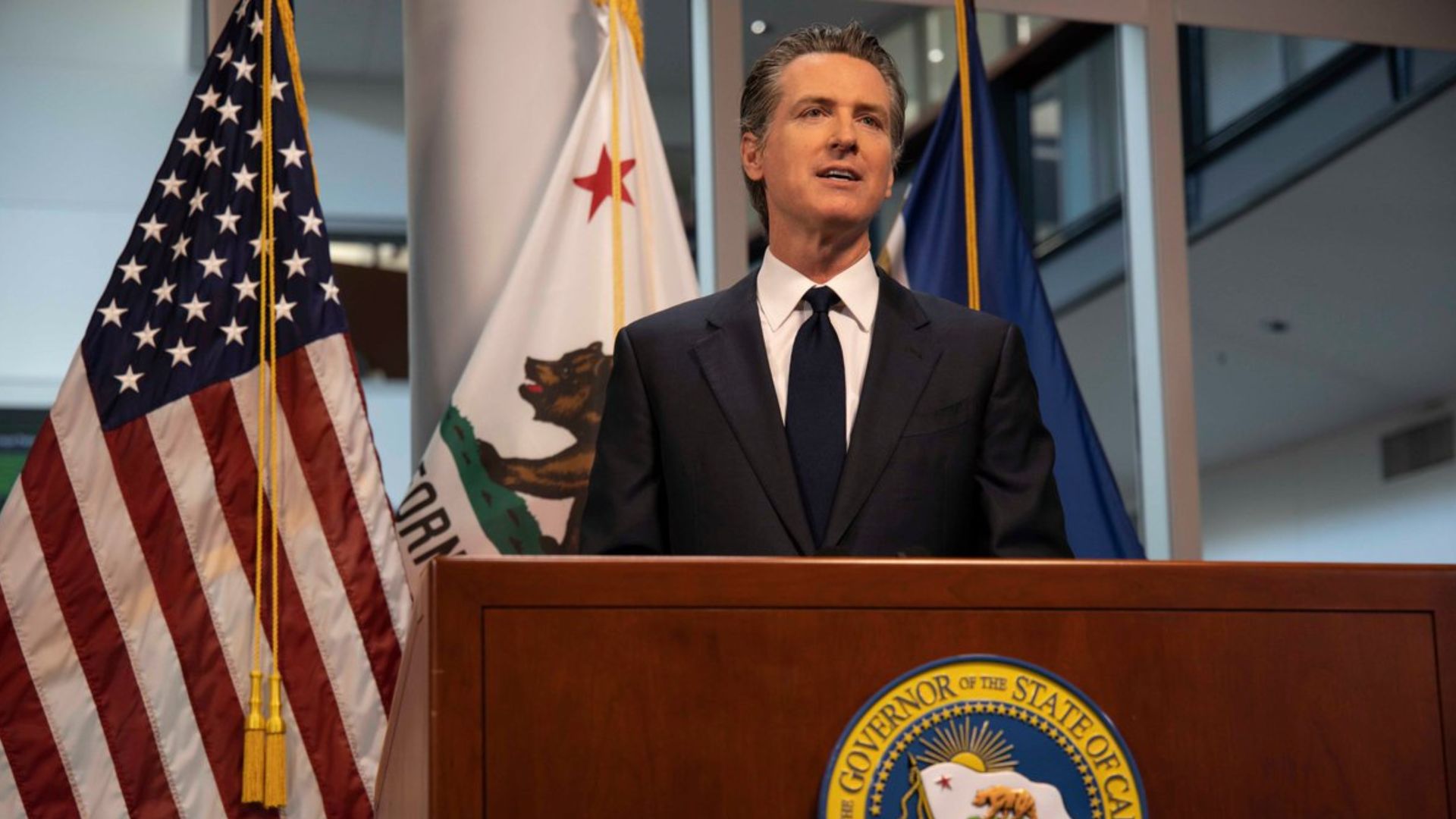
The backlash was intensified by its timing, just after reports of Fortune 500 CEOs receiving hefty pay raises.
Randal Nichol criticized, “It’s nice that you are catering to large corporations instead of the little people,” spotlighting a perceived misalignment in priorities.
Calls for Focus on Small Businesses

Amidst the uproar, user Angie G suggested a shift in focus: “I’d rather you be bragging about the most small businesses that succeed, not enriching billionaires.”
This call for support of smaller enterprises resonated with many Californians feeling overlooked.
Higher Minimum Wage Causes Job Cuts

New laws in California recently raised the minimum wage to $20 per hour. While some employees will be earning more, this is bad news for businesses, as they have to find the money to cover these wages. This means that average Californians will suffer.
Small businesses, in particular, will suffer, as they may not have the means to pay their employees. This is resulting in job cuts and a rise in prices so businesses can afford to pay the wage increases this way.
Fortune 500 CEO Pay Rise

The news of the minimum wage rise comes after CEOs of Fortune 500 companies received a 12.6% pay rise, while private sector workers received a pay rise of just 4.1%.
This creates questions as to how these bigger businesses can get away with laying off the lower-paid workers and rising prices for customers to fulfil the minimum wage requirements, when the CEO’s of these businesses are being paid much more and still receiving pay rises.
A Mismatch in Numbers
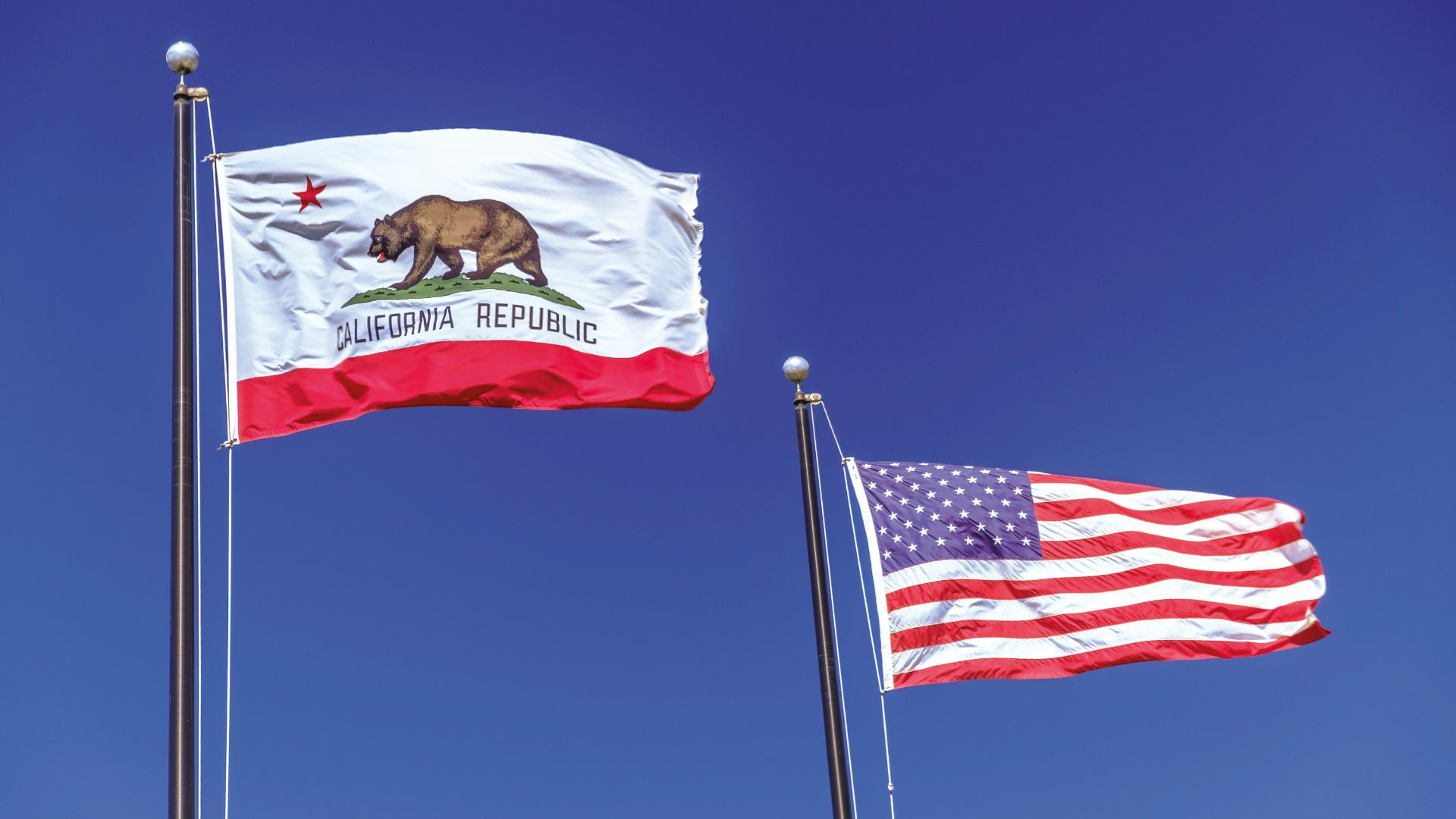
Community_notes provided a reality check: “For context, Texas has 55. California has 57,” and highlighted the population size disparity to question the true leadership in attracting businesses.
This added a factual dimension to the criticisms levied against Newsom.
California Does Not Have the Most Fortune 500 Companies

The top three states in the US with Fortune 500 companies are said to be California, Texas, and New York. These have 57, 52, and 52 companies respectively.
However, if you calculate the number of Fortune 500 companies compared to the population of each state, the top three orders are completely different. New York has 2.64 companies per million residents, Texas has 1.73, and California has 1.46.
Competition Between California, Texas, and New York

Over the last decade, in particular, there has been competition for Fortune 500 companies between California, Texas, and New York, with many moving to the latter two states.
Tesla and McKesson are two giants that are based in Texas, and New York has been the center for bank and finance companies across the world.
Californian Companies Moving to Texas
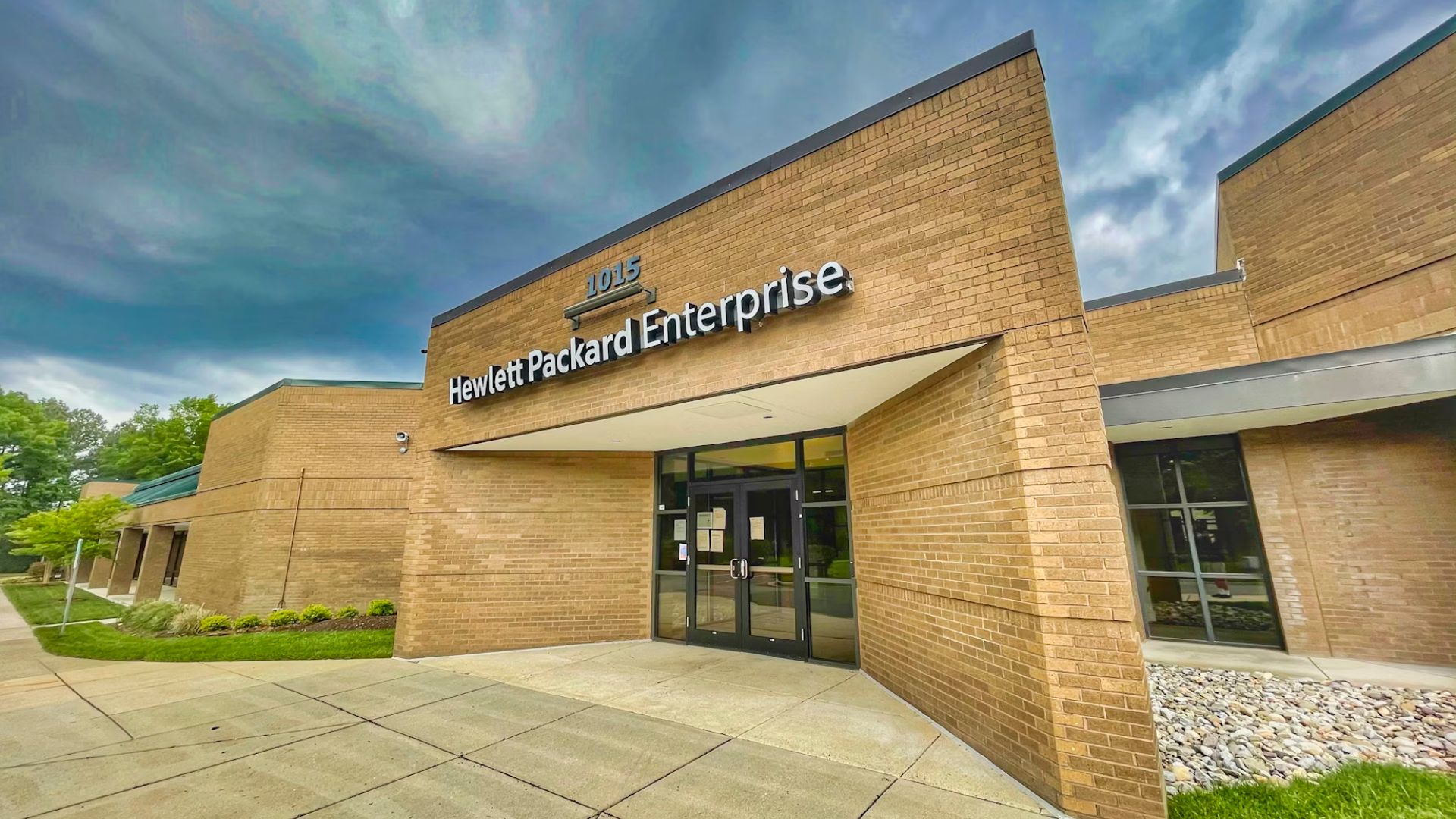
Due to the high prices in California, many companies have started moving from the Golden State to Texas.
In the last two decades, around 358 major Californian companies have moved out of here and to other states. Texas is now home to most of these, as 145 of them moved to the Lone Star State.
